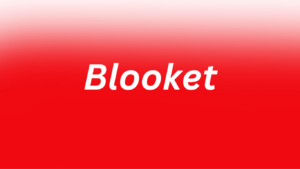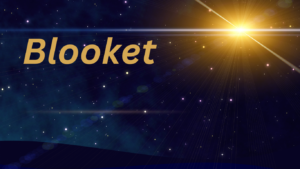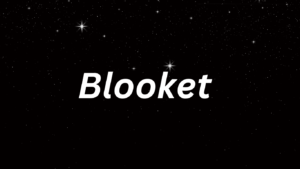Blooket has become a popular platform for educators and students, offering a dynamic way to combine learning and play. With its wide array of game modes and customizable content, it’s easy to see why Blooket is a favorite in classrooms. However, with its rise in popularity, there’s also been an increasing interest in “hacks” for Blooket games. These hacks can range from simple cheats to more complex code manipulation. In this blog post, we’ll explore the concept of Blooket hacks, their implications, and why they might not be as beneficial as they seem.
What Are Blooket Hacks?
Blooket hacks typically refer to tricks or exploits used to gain an unfair advantage in Blooket games. These can include:
- Auto Answer Bots: Programs that automatically provide correct answers to questions.
- Unlimited Coins or Tokens: Scripts that give players an infinite number of in-game coins, allowing them to purchase premium Blooks or power-ups.
- Game Mode Exploits: Hacks that manipulate the game’s mechanics, such as skipping levels or gaining extra time in time-limited modes.
These hacks are usually shared on forums, YouTube, and GitHub repositories, where users post scripts and tutorials on how to use them.
Why Do People Use Blooket Hacks?
The primary reason players seek out Blooket hacks is to gain an edge in the game. Since Blooket is competitive by nature, some students may resort to hacks to outperform their peers or to quickly earn rewards without putting in the effort to learn the material. Others might be curious about the technical aspects of hacking and see it as a challenge or a way to test their coding skills.
The Drawbacks of Using Blooket Hacks
While using hacks in Blooket may seem tempting, there are several reasons why it can be detrimental:
- Undermining the Learning Experience: Blooket is designed to make learning fun and engaging. By using hacks, students bypass the educational content, defeating the purpose of the platform. The game modes and question sets are meant to reinforce learning, and using cheats can prevent students from absorbing the material.
- Unfair Competition: Blooket is often used in a classroom setting where students compete against each other. When some students use hacks, it creates an uneven playing field, leading to frustration and a sense of unfairness among those who are participating honestly.
- Potential Consequences: Using hacks can lead to consequences, both within the platform and in the educational environment. Blooket’s developers actively monitor for cheating and may ban users who are caught exploiting the system. In addition, teachers may take disciplinary action if they discover that students are using hacks during classroom activities.
- Security Risks: Many Blooket hacks require users to run scripts or download files from unknown sources. This poses a significant security risk, as these files could contain malware or other malicious code that compromises the user’s device and personal information.
Ethical Considerations
Hacking in educational games like Blooket raises ethical questions. Education is about growth, learning, and fair competition. When students use hacks to bypass the learning process, they miss out on the opportunity to develop critical thinking skills and build knowledge. Additionally, it sets a precedent for dishonest behavior, which can carry over into other aspects of life, both academic and personal.
Alternatives to Hacking: Playing Fair and Enhancing Skills
Instead of resorting to hacks, students and educators can explore other ways to enhance the Blooket experience:
- Study and Prepare: Encourage students to prepare for Blooket games by reviewing the material covered in class. This approach not only improves their performance in the game but also reinforces their understanding of the subject matter.
- Collaborate: Blooket can be used as a collaborative tool, where students work together in team modes. This promotes teamwork, communication, and a supportive learning environment.
- Explore Different Game Modes: Blooket offers a variety of game modes to keep things interesting. Teachers can switch up the modes to prevent repetitive gameplay and keep students engaged.
- Use Blooket’s Built-In Rewards: Instead of seeking hacks for unlimited coins or tokens, students can aim to earn these rewards through regular gameplay. This approach fosters a sense of accomplishment and motivates them to continue learning.
Conclusion
While Blooket hacks might offer a quick path to success in the game, they ultimately undermine the platform’s educational value. Blooket is designed to make learning interactive and enjoyable, and using hacks can take away from the positive experiences it offers. By choosing to play fairly, students can fully engage with the learning material, develop valuable skills, and participate in a community that values integrity and growth.
Educators play a crucial role in guiding students towards ethical behavior in online platforms. By fostering a classroom culture that emphasizes honesty and the joy of learning, teachers can help students appreciate the true value of Blooket and other educational tools. In the end, the real victory lies not in the game itself, but in the knowledge and skills gained along the way.




